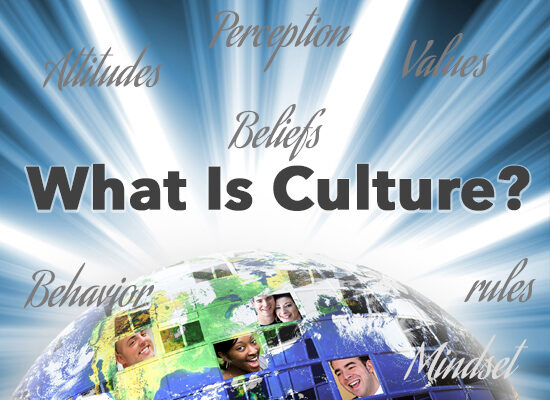What Is Culture?
Why does culture matter?
Most people hear about culture and immediately think about behaviors—a list of do’s and don’ts by culture and country. For example, one might think about bowing in Japan or knowing which gestures to avoid in countries around the world.
And while gestures and protocol are certainly important, they are only one aspect of understanding cultures. To truly understand culture, we need to go beyond the lists of do’s and don’ts. We need to understand what makes people think and act as they do.
We often underestimate how critical local culture, values, and customs can be in our interactions. We assume people think and act in the same way and for the same reasons, but that is not always the case.
How do we describe cultures? Let’s first define what we mean by culture.
In essence, it is a shared set of attitudes, beliefs, values, mindsets, and practices of a group of people. Culture includes the behavior pattern and norms of that group—the rules, the assumptions, the perceptions, and the logic and reasoning specific to that group. Culture is really the collective programming of our minds from birth. It’s this collective programming that distinguishes one group of people from another.
Cultural awareness most commonly refers to having an understanding of another culture’s values and perspective.
When problems arise in cross-cultural interactions, they generally stem from our expectations. The challenge is when we deal with others—whether in our own country or globally—we expect people to behave as we do and for the same reasons.
People’s value systems and reasoning are based on the teachings and experiences of their culture. When talking about culture, it’s important to understand there really are no rights or wrongs, only perceptions. We can better manage these expectations and perspectives by becoming more aware of cultural differences.
Cultural awareness enables us to reorient our mindset and, most importantly, our expectations. This helps us interpret the gestures, attitudes, and statements of the people we encounter from their cultural perspective.
Understanding the “why” behind a culture is essential. By understanding what influences have impacted how people in a specific culture think and act, we are better able to interact and communicate more effectively with people from diverse backgrounds.
Subscribe today to increase your Global Business & Cross Cultural knowledge and help prepare for the challenges and opportunities ahead with Atma Insights, your professional development resource.



